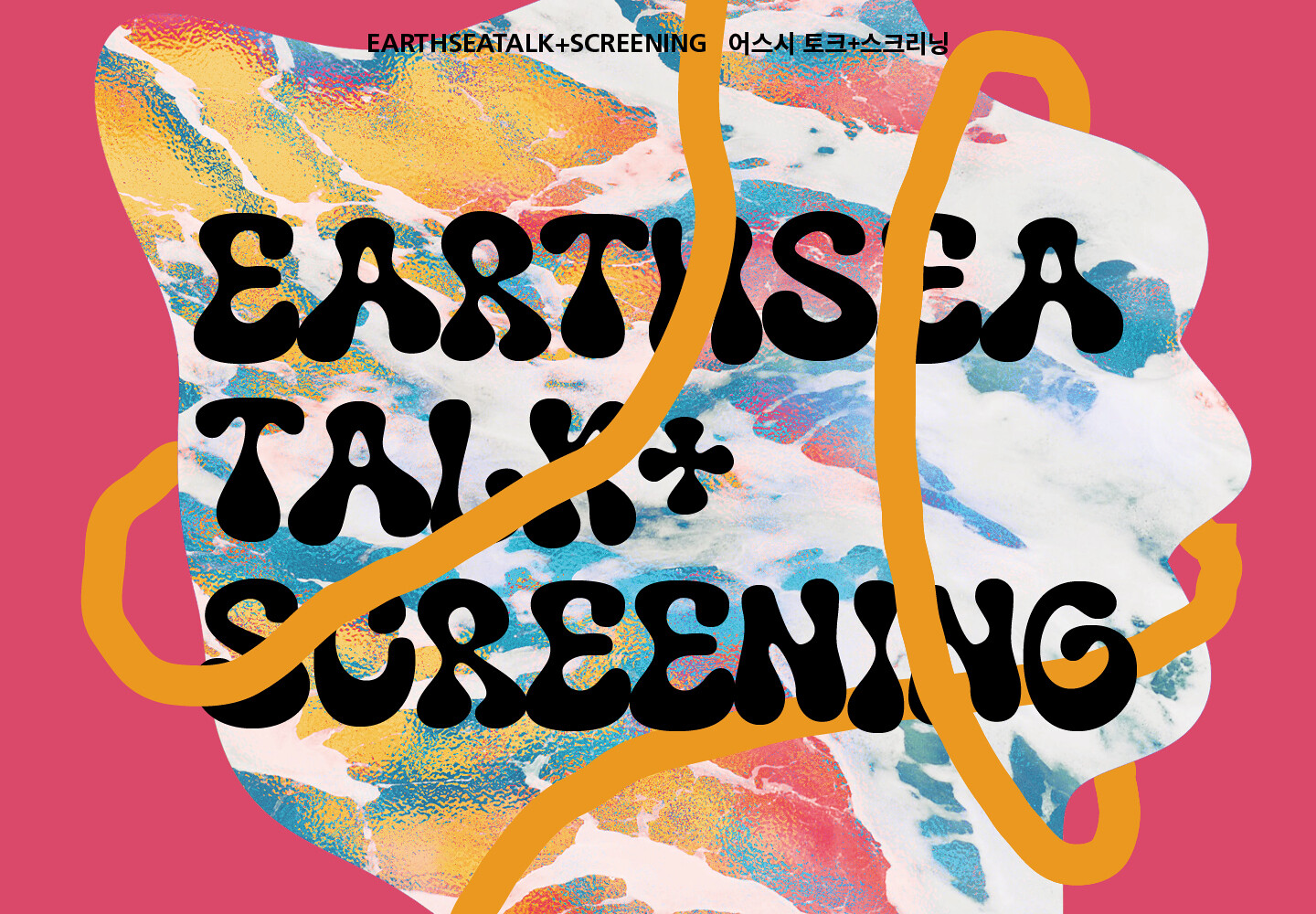November 17–December 29, 2023
20 Wausan-ro 29 Na-gil
04053 Seoul
South Korea
Curators: Mira Asriningtyas, Jackie Im, Sun Mi Lee, Hung Fei Wu, Ji Yoon Yang
Artists: Sophia Cordova, Anchi (Ciwas) Lin, Sunjoo Lee, Fahrettin Örenli, Leyla Stevens
Phrases such as “back to nature” and today’s “nature in crisis,” or the “state of nature” represent fantasies based on dominant ideology. What humans are represented in the state of nature and how they are represented are both products of later re-imagination and fabrication. For example, Robinson Crusoe is an archetype of the modern mechanistic worldview. He is presented as a completely self-sufficient adult male, having grown and capable of surviving without the help of other (implicitly female) humans. His dependence on the life-world of the biosphere is likewise bracketed out in this fantasy of self-sufficiency.
Extending this colonialist fantasy, Asian women are excluded and ignored in the inception of proto-modernity where human beings distinguish themselves from the state of nature. In the history of colonial development, which hides and denies its social dimension, Asian women are cast into a minor part of the biosphere, not fully human yet and a subject to be developed. During the process, the exploitation of natural resources that form the basis of the economy of survival has driven the situation of Asian women into absolute poverty status. Now that direct exploitation through explicit colonization has become impossible, neo-colonial methods have taken over. Vandana Shiva notes how the seed privatization of the GMO industry, such as Monsanto, throws a greater risk to seed sovereignty, biodiversity, and food security. On the other hand, Asian women are often at the vanguard of ecological action such as the Chipko movement in the 1970s where Himalayan peasant women hugged trees and occupied forests in order to oppose government-backed logging.
In 1968, Ursula K. Le Guin published A Wizard of Earthsea, the first book in her classic science fiction high fantasy series now referred to as The Earthsea Cycle. Transgressing the structures of prevailing patriarchal-capitalist realism, the series are said to have the heart of an anarchist, the soul of a Taoist, and the educational spirit of an ethnographer. In 2023, EarthSea Talk+Screening includes 5 Asian women curators who have been deeply engaged in ecological issues. Based on the regional characteristics of San Francisco, Seoul, Yogyakarta, and Taipei, each curator invited a moving image artwork in order to exchange upon the artistic relationships with the specific geopolitical context of climate challenges. The talks focus on women’s practices connecting local histories to the new era of climate change. We endeavour to build an alternative community, and look forward to strengthening solidarity.
The EarthSea explores two important pillars of our understanding: ecofeminism and capitalism. Ecofeminism is a particularly pressing issue for Asian women. This is because the development of capitalism is the actual result of the exploitation of nature, women, and the third world. On the other hand, the dualistic anti-male sentiment of Western feminism that has permeated feminism since the 1990s—which simplifies men and women into frames of perpetrator and victim—has alienated many working-class, non-white women from feminist movement. This implies that the ecological turn must happen at both levels of class and gender solidarity. Asian women have found from firsthand experience that they have more in common with men of the same race and class than with middle-class white women. We also daily witness the ravages of the capitalist model as exploitation of the vast majority of women and men, exacerbating the class divisions, especially affecting the Global South.
Even within recent concepts which are considered as the advanced understandings of humanity such as nonhumans, cyborgs, and posthumans, we still find fantasies where the concept of “humans” is based on the views of white, middle-class humans (including white, middle-class women). This becomes especially apparent, if we consider the reality of the Asian laboring classes. It is a starting point for contending with the climate crisis era to confront such fantasies. To this aim, EarthSea begins by re-examining the conditions of Asian women, reassembling what the social dimensions of life have entailed.
—Ji Yoon Yang, Director, Alternative Space LOOP
Jackie Im: It offers a future
November 17, 2–4pm KST, on Zoom
Mira Asriningtyas: Mother of All Disruptors
November 17, 4–6pm KST, on Zoom
Sun Mi Lee: Is human-dominated nature justified?
November 24, 4–5pm KST, on Zoom
EarthSea Screening—SFAC
December 14, 6–8pm PST, San Francisco Arts Commission
EarthSea Screening—ALT Space LOOP
December 20–29 KST, Alternative Space LOOP
Ji Yoon Yang, EarthSea
December 20, 6–7pm KST, Alternative Space LOOP
EarthSea Screening—Solid Art
December 22, 4–8pm TST, Solid Art
Screening talk—Solid Art
December 22, 8–9pm TST, with Sun Mi Lee, Hung Fei Wu, Ji Yoon Yang, Solid Art
Fei Wu, practices on feminist environmental humanities
December 27, 3–5pm KST, on Zoom


